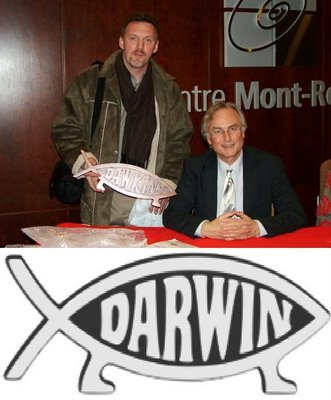De cateva zile ma confruntam cu dureri de dinti foarte puternice. M-am dus la stomatolog, care s-a uitat in gura mea si mi-a spus ca trebuie sa-mi scot "maseaua de minte", ulitmul molar adica, cel care apare dupa ce dintii definitivi cresc in locul celor de lapte. Dupa un scurt examen a inceput sa-mi explice: maseaua asta de minte trebuie scoasa chiar daca este perfect sanatoasa, asta pentru ca impinge intr-o lucrare dentara, ce duce apoi la compromiterea acestei lucrari plus alte complicatii. A continuat: oricum nu ai nevoie de maseaua de minte, nu-ti foloseste la nimic in procesul de masticatie. Pe scara de evolutie a omului, atunci cand traia mai ales din vanat, omul avea nevoie de aceasta "masea de minte", pentru ca-l ajuta mai mult la masticarea carnii, pe care la inceput o manca de multe ori cruda.
Apoi, odata cu aparitia agriculturii, sedentarizandu-se, omul a inceput sa-si schimbe regimul de hrana, combinandu-l mult cu cerealele, astfel ca "maseaua de minte" a inceput cu timpul sa nu-si mai aiba rostul.
Mi-a mai spus ca in zilele noastre, populatia globului in proportie de 30 % nici macar nu mai are "maseaua de minte" asta ca un efect direct al alimentatiei. Cred ca este un exemplu al evolutiei omului sub actiunea unor factori externi, si in acest caz alimentatia lui.
Oare cum va arata omul peste 10.000 de ani? Dar peste 100.000 de ani?
Va arata el identic cu omul zilelor noastre?
Friday, November 03, 2006
Molarul de minte
Publicat de
gyges77
la
10:47 PM
0
comentarii
![]()
![]()
Wednesday, October 25, 2006
Dawkins fish / Pestele Dawkins

The Dawkins fish is a present made by Mark Robinson (the name might be a pseudonym) to Richard Dawkins at the Montreal book tour event, on Oct 21th 2006. It was meant to be an analogy to the Darwin fish, an ichthys symbol with "evolved" legs and feet attached and often with the word DARWIN inside.
-----------------
Pestele Dawkins este un cadou facut de catre Mark Robinson (numele ar putea fi un pseudonim) lui Richard Dawkins, cu ocazia evenimentului de promovare a cartii The God Delusion din Montreal, din 21 Oct 2006. Autorul a dorit sa faca o analogie cu Pestele Darwin, un simbol ichtys care prezinta atasate membre si avand cuvantul DARWIN scrise in interior.
Publicat de
gyges77
la
8:25 PM
0
comentarii
![]()
![]()
Tuesday, October 24, 2006
Dr. Richard Dawkins

Clinton Richard Dawkins (born March 26, 1941) is an eminent British ethologist, evolutionary theorist, and popular science writer who holds the Charles Simonyi Chair in the Public Understanding of Science at Oxford University.
Dawkins first came to prominence with his 1976 book The Selfish Gene which popularised the gene-centric view of evolution and introduced the term meme into the lexicon, thereby helping to found the field of memetics. In 1982, he made a major contribution to the science of evolution with the theory, presented in his book The Extended Phenotype, that phenotypic effects are not limited to an organism's body but can stretch far into the environment, including into the bodies of other organisms. He has since written several best-selling popular books on evolution and appeared in a number of television and radio programmes on evolutionary biology, creationism, and religion.
Dawkins is an outspoken atheist, humanist, sceptic, an enthusiastic bright, and – as a commentator on science, religion and politics – is among the English-speaking world's best known public intellectuals. In a play on Thomas Huxley's epithet "Darwin's bulldog", Dawkins' impassioned defence of Darwinian evolution has earned him the appellation "Darwin's rottweiler".
Books
The Selfish Gene (1976, 1989, 2006) ISBN 0-19-286092-5
The Extended Phenotype (1982, 1999) ISBN 0-19-288051-9
The Blind Watchmaker (1986, 1991, 2006) ISBN 0-393-31570-3
River Out of Eden (1995) ISBN 0-465-06990-8; Audio (2000) ISBN 0-7528-3985-3
Climbing Mount Improbable (1996) ISBN 0-393-31682-3
Unweaving the Rainbow (1998) ISBN 0-618-05673-4
A Devil's Chaplain (2003) ISBN 0-618-33540-4
The Ancestor's Tale (2004) ISBN 0-618-00583-8; Audio (2005) ISBN 0-7528-7321-0
The God Delusion (2006) ISBN 0-618-68000-4
Publicat de
gyges77
la
8:25 PM
0
comentarii
![]()
![]()



